Rúben Amorim Reflects on Manchester United’s Costly Lapse: “We Had Five Minutes Where We Disconnected”
Rúben Amorim’s post-match words carried both frustration and resolve as he dissected Manchester United’s latest performance — a game that once again highlighted the fine margins separating victory from disappointment in the Premier League. “We had five minutes where we disconnected and conceded two goals,” he admitted. “We dropped the energy level, the aggression and you can feel it. But we scored and tried to win the game. Let’s work to win next week.”
Those words capture the essence of Amorim’s early tenure at Old Trafford — flashes of quality, moments of brilliance, but also brief lapses that continue to cost United valuable points. The Portuguese coach, known for his tactical precision and relentless standards, was visibly irritated by the sequence that allowed the opposition to seize control. Yet his message was also one of accountability and forward momentum.
—
A Promising Start Undone by a Brief Collapse
United began the game brightly, dominating possession and creating early chances. Amorim’s high-pressing system pinned the opposition deep into their half, with the midfield trio dictating the tempo. For the opening half-hour, United looked comfortable — organised, sharp, and purposeful.
Then came what Amorim later described as the “five minutes of disconnection.” In that brief window, Manchester United’s structure fell apart. The midfield stopped closing down passing lanes, the defenders dropped deeper, and the collective intensity evaporated. The opposition capitalised ruthlessly, striking twice in rapid succession.
For Amorim, it was not simply the goals conceded that concerned him, but how they were conceded. Both came from lapses in concentration — a misplaced pass under pressure and a failure to track a late runner into the box. In the Premier League, those mistakes are invariably punished, and Amorim knows it.
“Against top teams,” he said post-match, “you can’t switch off. You can’t lose focus for even one minute, because they will hurt you. We lost our compactness, and that five-minute spell changed the game.”
—
The Search for Consistency
If there is one word that has defined Manchester United’s season so far, it is inconsistency. The team has alternated between periods of dominance and stretches of self-inflicted struggle. Amorim’s tactical philosophy demands constant energy and communication — pressing in unison, defending as a unit, and transitioning at pace. When it works, United look dynamic and fluid; when it doesn’t, they appear vulnerable and exposed.
The manager’s observation that his players “dropped the energy level and aggression” suggests a recurring theme. Too often this season, United have started matches strongly but faded midway through either half. Amorim’s challenge is to maintain the mental sharpness and physical intensity required to sustain his brand of football for ninety minutes.
“We can’t play this way for thirty or forty minutes,” he continued. “It must be the full game. We did well in many aspects — we pressed, we created, we reacted after conceding — but the drop in aggression cost us. It’s something we will fix.”
—
Individual Errors and Collective Responsibility
While the instinct might be to single out individuals for blame, Amorim has repeatedly emphasised the collective nature of defending. His post-match tone reflected that philosophy. The disconnection, he explained, was not the fault of one player but a failure of the entire team to remain synchronised.
In his system, every position is interlinked. The forwards initiate the press, the midfielders close the gaps, and the defenders step up to compress space. When even one link in that chain weakens, the structure collapses — exactly what happened during that fateful five-minute stretch.
“You can feel when the energy drops,” Amorim noted. “It’s not one player — it’s the team. When we are connected, we are very strong. When we are not, we suffer.”
His refusal to scapegoat individuals is both admirable and strategic. He understands that rebuilding confidence and discipline requires unity, not finger-pointing. Still, there is little doubt he will demand greater accountability on the training ground in the coming days.
—
Signs of Progress Amid the Setback
Despite the frustration, there were positives to draw from the match. United’s response after conceding was spirited. They pulled a goal back through sustained attacking pressure, showing resilience and belief — qualities that Amorim has been eager to instil.
Bruno Fernandes, as captain, led by example, constantly urging his teammates forward and maintaining tempo. The introduction of substitutes also made a difference, injecting pace and directness into United’s attack. Amorim praised his players’ reaction, noting that “we scored and tried to win the game,” a line that underlines his appreciation for the fightback.
That spirit is a crucial ingredient for a team still finding its identity under new management. In previous months, United might have folded after going two down. Under Amorim, they showed determination to restore parity and nearly snatched an equaliser in stoppage time.
—
Amorim’s Philosophy Under the Microscope
Since arriving at Old Trafford, Amorim has sought to introduce a more disciplined, vertical style of play — one that relies on compactness, rapid ball circulation, and coordinated pressing. The system is demanding both physically and mentally, requiring total buy-in from every player.
The manager’s comment about “disconnecting” perfectly encapsulates the central tension of his approach: when executed properly, it is elegant and efficient; when even one player is out of sync, it unravels quickly.
In training, Amorim has reportedly focused on short, high-intensity drills designed to reinforce positional awareness and recovery speed. He wants United to be proactive, not reactive — a team that dictates the rhythm rather than responding to it. The latest result shows that the foundations are being laid, but there is still work to be done before his philosophy fully takes hold.
—
Tactical Lessons and Adjustments
Amorim’s analysis hints at possible tactical adjustments ahead of next week’s fixture. The key issue remains balance — ensuring that attacking ambition does not leave the back line exposed during transitions. The manager may consider reinforcing the midfield structure, perhaps with a more defensive-minded partner alongside Fernandes to provide cover when full-backs push forward.
Additionally, Amorim is likely to demand more discipline in pressing triggers. When the forwards commit to pressing without midfield support, gaps appear behind them. That brief lapse in coordination was evident during the opposition’s quick counterattacks. The solution lies in timing, communication, and awareness — all of which Amorim will hammer home in the coming training sessions.
—
The Mental Aspect: Maintaining Focus
Beyond tactics, Amorim’s comments point to a psychological dimension. The “five minutes of disconnection” was not simply physical fatigue — it was a lapse in concentration. Elite teams maintain intensity even when the game appears under control. Amorim’s challenge is to cultivate that mindset among his players.
“It’s about mentality,” he said earlier in the season. “When we lead or when we control the game, we must stay aggressive. That’s the difference between good teams and great teams.”
This philosophy echoes his success at Sporting Lisbon, where his sides were renowned for their unwavering focus and structured aggression. Bringing that same mental discipline to Manchester United will take time, but it is essential for the club’s evolution.
—
Looking Ahead: “Let’s Work to Win Next Week”
Amorim ended his interview with a simple but powerful message: “Let’s work to win next week.” It’s a line that captures both humility and determination. He recognises the flaws but refuses to dwell on them. For him, progress comes through repetition, correction, and belief.
The next fixture now becomes an opportunity for redemption — a test of how quickly United can learn from their mistakes. The focus in training will be on maintaining energy levels, ensuring defensive compactness, and sharpening transitions. Amorim will also demand that his players channel their frustration productively.
The mood around Carrington will be one of quiet resolve rather than panic. The team knows they have the quality to compete; they simply need to sustain their concentration and aggression for the full match.
—
Conclusion
Rúben Amorim’s assessment after the match was as honest as it was instructive. Manchester United were undone by a brief spell of lost focus — a reminder that at the highest level, five minutes can define an entire game. Yet his words also reflected growth: the ability to recognise shortcomings, to take responsibility, and to look ahead rather than backward.
Under Amorim, United are developing a clear identity built on intensity, intelligence, and unity. The road is not smooth, but progress rarely is. If the players absorb the lessons from this defeat, those five minutes of disconnection may well become a turning point — the moment they learned how to sustain the aggression, focus, and togetherness that their manager demands.
Next week’s match will reveal whether the lesson has been learned. For now, Amorim’s words ring as both warning and motivation: energy and focus win games — disconnection costs them.
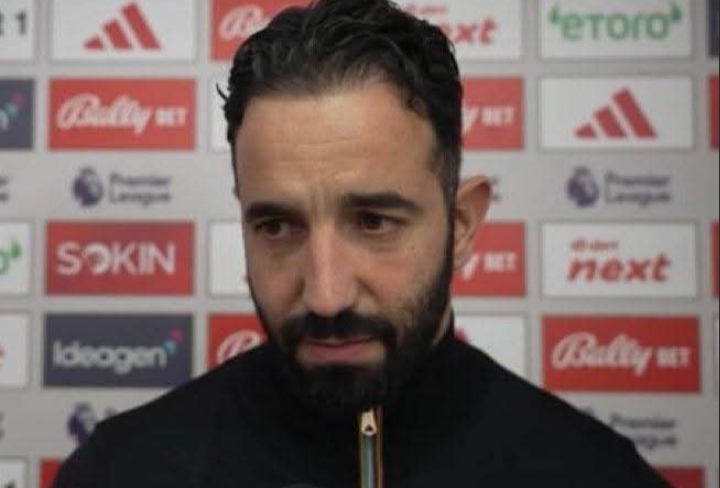
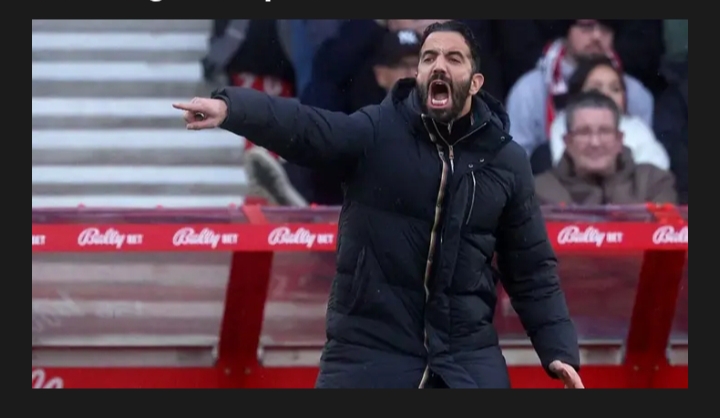
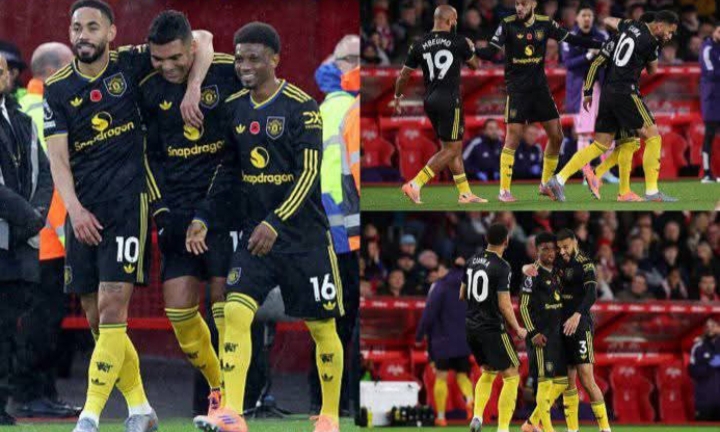
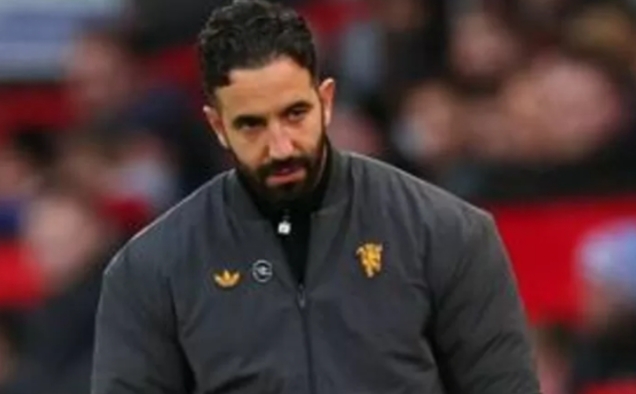
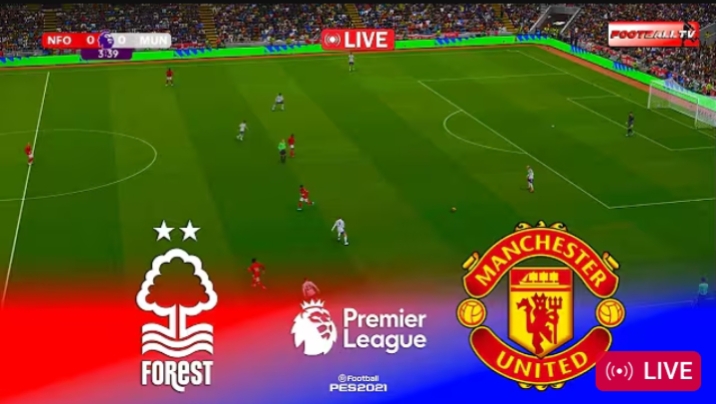
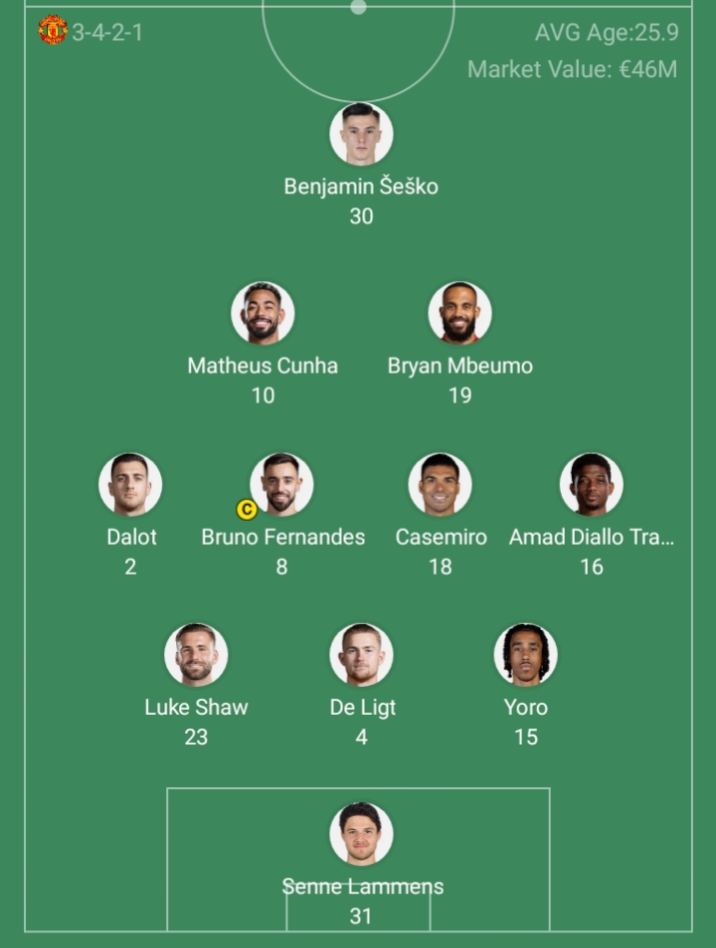


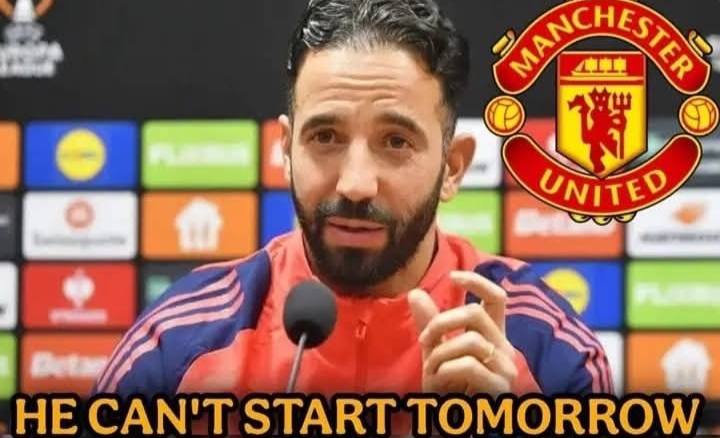

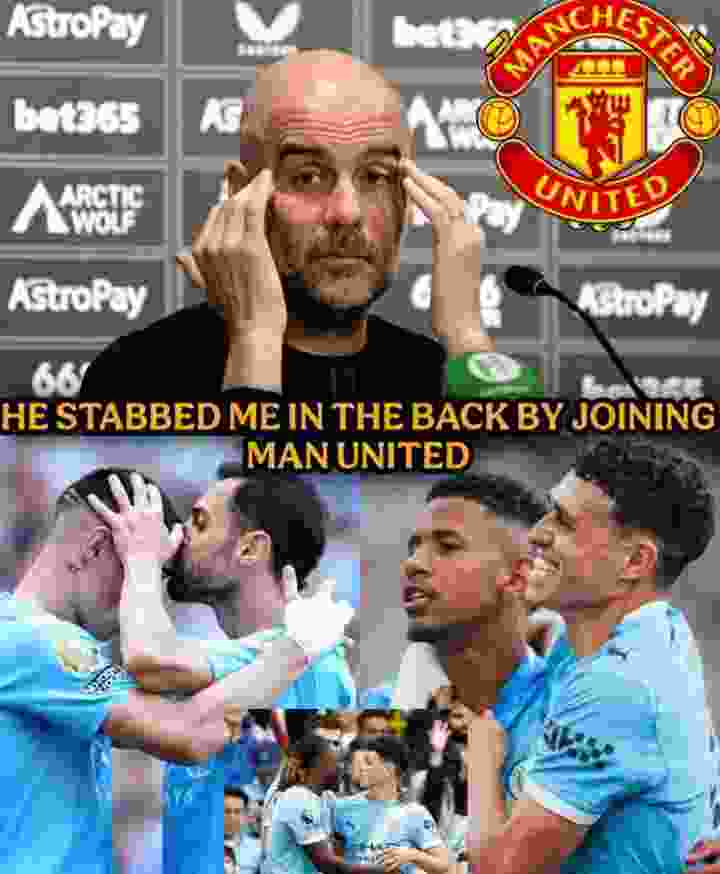
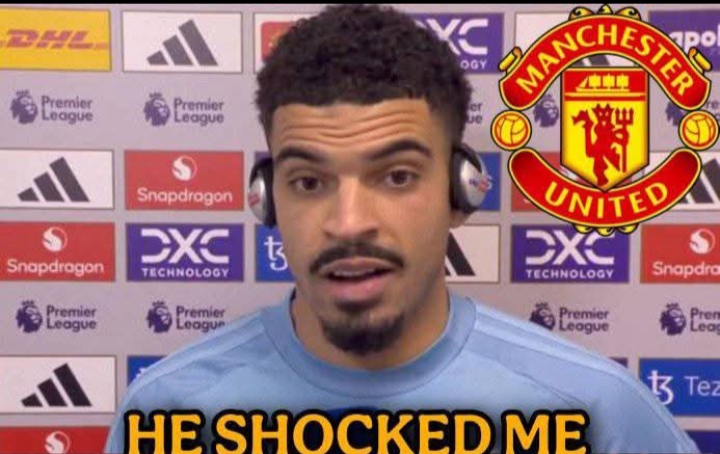
Leave a Reply